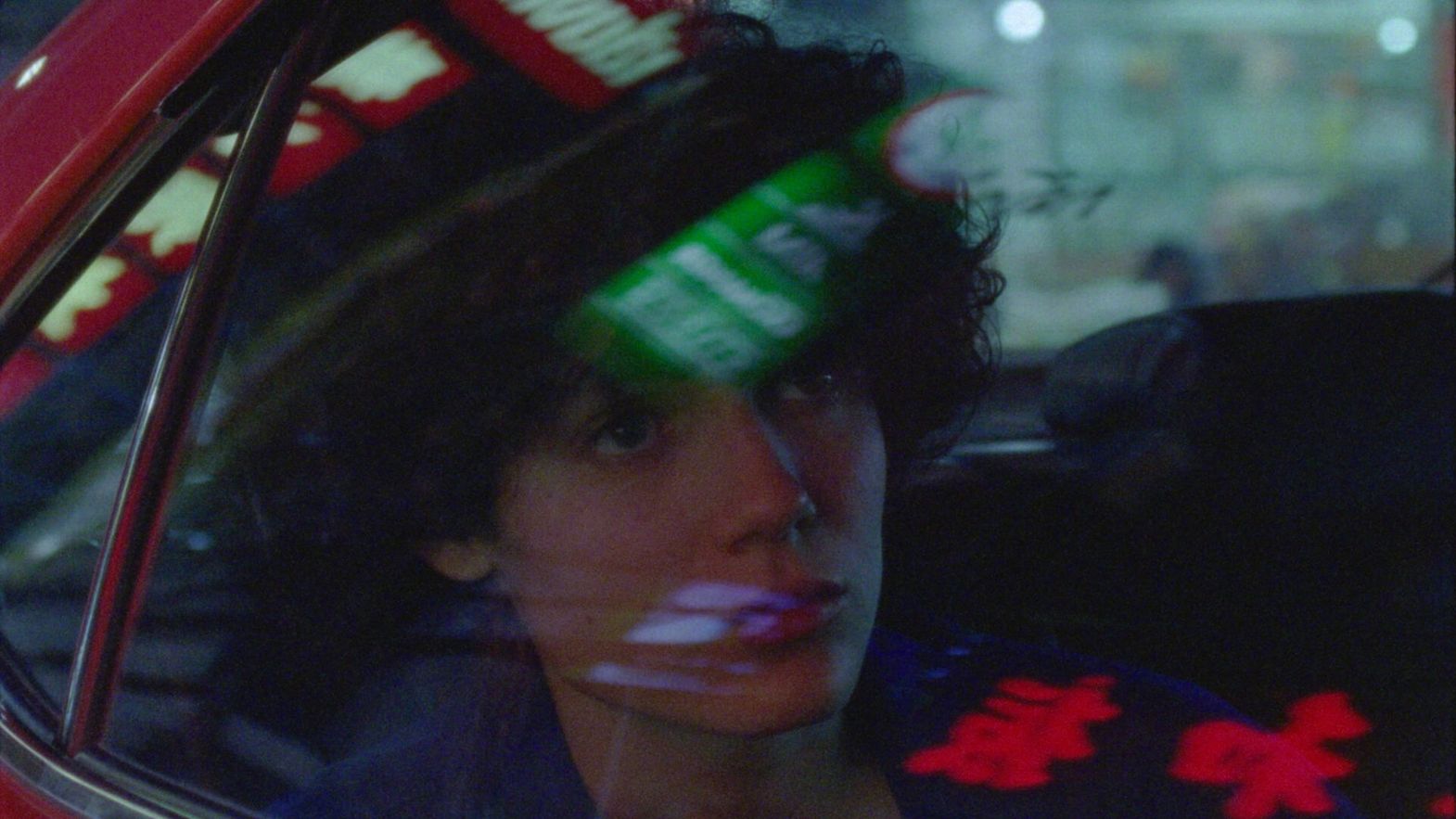 © Uma Pedra
© Uma Pedra
Portuguese filmmaker Leonor Teles explores this in Baan (‘home’), her anticipated first feature fiction, following her shorts Rhoma Acans (2012), Batrachian’s Ballad (Golden Bear at the Berlinale 2016) and Dogs Barking at Birds (Venice Orizzonti 2019), and her feature documentary Ashore (Cinéma du Réel 2018).
A cinematographer whose credits include not only films of her own, but also Pedro Cabeleira’s 2018 Cineasti del presente entry Verão Danado (Damned Summer) or João Canijo’s 2023 Berlinale diptych Bad Living, Teles creates an utterly sensual atmosphere, both melancholic and seductive, just like the main character, El, or L. Played by Carolina Miragaia (whose resemblance to Teles is almost eerie), L is starting her career in a relaxed, friendly architecture studio in Lisbon. She seems to have broken up – though she’s not that sure herself– with her boyfriend. She is fascinated, haunted by Kay, or K (Meghna Lall), a Canadian of Thai descent – and therefore a permanent outsider – searching for herself (and her home?) in the Portuguese capital, after a stint in London, while L’s soul often seems to be searching for itself in Bangkok.
Time and space are elastic, at least in L’s mind, constantly jumping back and forth, and rarely truly present in the same moment and place as her body. The nostalgic ambiance and the sense of fragmented perception are enhanced by the soundtrack and the editing (Sandra T. and Lívia Serpa, of João Moreira Salles’ Santiago or María Alché’s A Family Submerged), creating a discontinuous flow where chronology is irrelevant. Baan is not about a story but about a mood, a relentless yearning, evocation instead of present reality.
Like much of her generation, L feels lost and always on the verge of precariousness. K as well, but she responds more actively, moving around, hoping to find something, trying to make a difference in the world around her. Away from her family, L’s only inter-generational contact is with the studio owners, a couple with five children. Her bond with Julieta (the film’s producer Filipa Reis) is particularly moving, combining the friendship among peers with the respectful authority not of the boss, but of the more experienced woman who has already been there. When she tells L, with no hint of condescension, that “the suffocation won’t go away, but you’ll learn to live with it, and you won’t die”, it is perhaps the moment of most optimism and perspective: she will survive this vortex.
Baan is also an homage to contemporary Asian cinema, with open references to masters such as Hou Hsiao-hsien (the dreamy photography, the dancefloor, the walkway reminiscing Millenium Mambo…) or Wong Kar-wai and the choice of the song ‘Siboney’. Isn’t it in certain works of art, like films or songs, that we sometimes finally feel at home?
Pamela Biénzobas